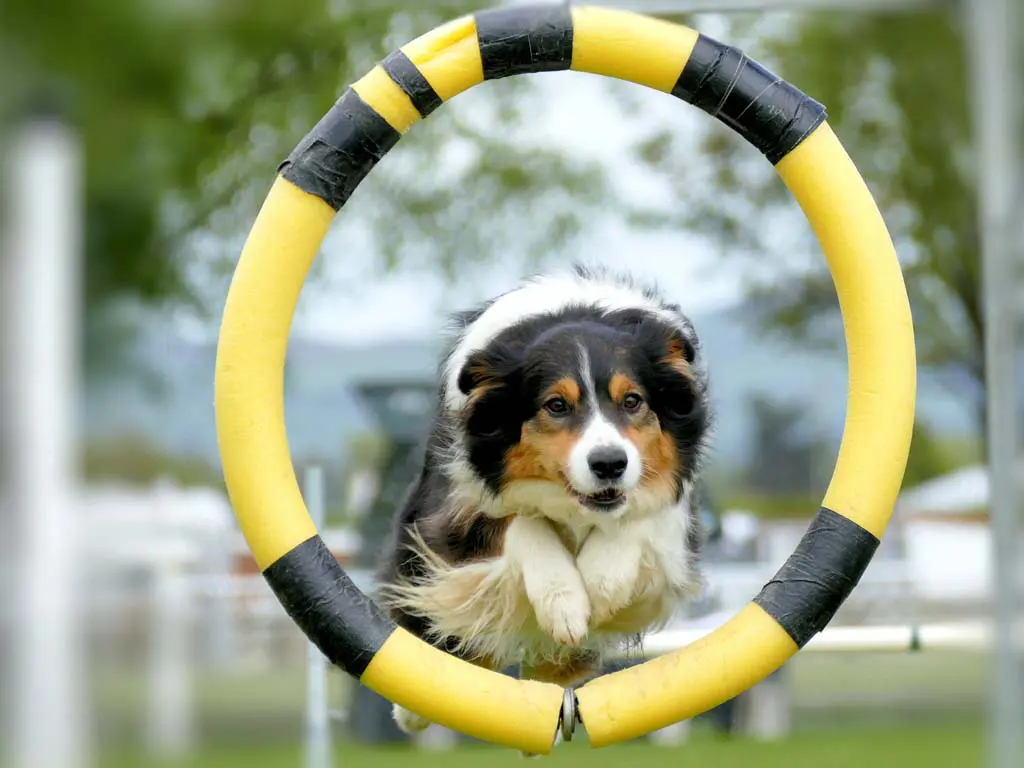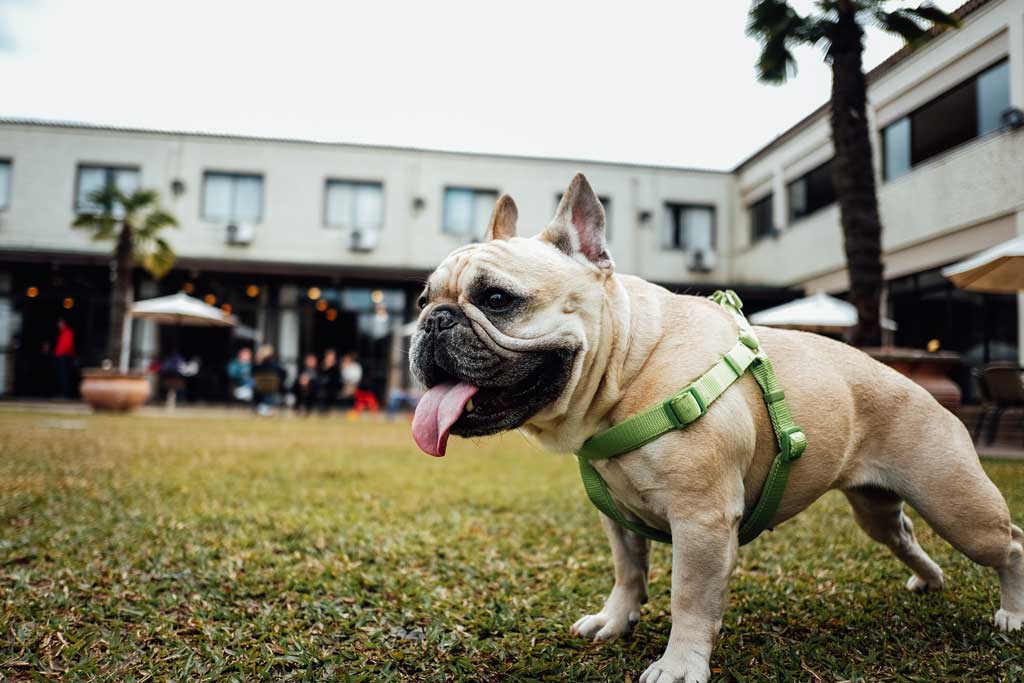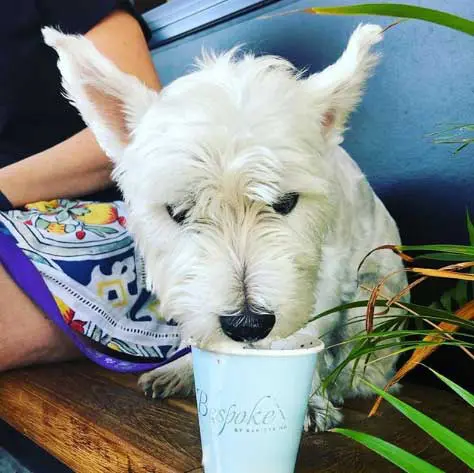So what exactly are cow ears for dogs? They’re basically just what they sound like – dried-out cow earflaps that have been cleaned and processed (dehydrated) into chews.
But how do they compare to other types of dog chews? And more importantly, are there any benefits or risks associated with giving them to your pup? Let’s take a closer look at everything you need to know about cow ears for dogs.
Table of Contents
ToggleWhat Are Cow Ears for Dogs?
Cow ears for dogs are exactly what they sound like – dehydrated cow ears that have been made for pups to chew on. They’re a popular chew toy choice for many dog owners because they’re safe, natural, and durable. Plus, they can also help keep your dog’s teeth clean.
Here are just a few of the benefits that they offer:
- They’re a natural and healthy chew toy (as long as you buy them from a reputable brand with a transparent ingredient list)
- Cow ears for dogs are a great alternative to plastic or rubber chew toys, which can contain harmful chemicals
- They help keep your dog’s teeth clean since chewing on a cow ear helps to remove plaque and tartar from your dog’s teeth

How to Choose the Right Cow Ear For Your Dog
Not all cow ears are created equal. When you’re shopping for a cow ear for your dog, there are a few things you’ll want to keep in mind to ensure you’re choosing the best possible option.
Here are a few tips for choosing the right cow ear for your dog:
- Avoid cow ears that have been treated with chemicals.
- Look for cow ears that are made from 100% natural ingredients.
- Choose a size that is appropriate for your dog.
- Avoid cow ears that have been dyed or bleached.
- Make sure the cow ear you choose is free of any sharp edges.
How Do They Compare to Other Types of Dog Chews?
So, how do cow ears for dogs stack up against the competition?
For starters, it’s important to know that all dogs are different and will therefore have different preferences when it comes to chews. That being said, there are certain qualities that make cow ears an appealing option for many pups.
For one, they’re a natural product. That means they’re free of any artificial ingredients, flavours, or chemicals (as long as you buy them from a reputable brand with a transparent ingredients list).
Additionally, cow ears are a good source of protein – which is essential for your dog’s diet. They’re also relatively low in fat, making them a healthier option than some other types of chews, such as pig ears.
Finally, many dogs simply enjoy the taste and texture of cow ears. They’re often a favourite among pups who like to chew on things for long periods of time.

What Are the Benefits of Giving Your Dog a Cow Ear?
There are a lot of benefits that come from giving your dog a cow ear.
They’re a great option to keep dogs occupied
If you’re like me, you’ve probably found yourself wondering what to do with your dog when they’re bored. Sure, you could take them for a walk or play fetch, but sometimes they need something new to stimulate their minds and keep them occupied. That’s where cow ear treats for dogs come in! Not only are they a tasty snack for your furry friend, but chewing on cow ears helps promote dental health and can even relieve anxiety.
Cow ears are also a great way to help clean your dog’s teeth
If you’re noticing that your dog’s teeth aren’t as clean as they used to be, it might be time to start giving them a cow ear on a regular basis. The chewing action helps to remove plaque and tartar from their teeth, leaving them nice and clean. However, please note that dental hygiene is an important aspect of overall pet health and cow ears should not be a replacement for regular brushing and professional dental cleanings. If you’re not sure what’s best for your pup it’s best to speak to your regular vet about this topic.

Are There Any Risks Associated With Feeding Your Dog Cow Ears?
While cow ears may be a tasty treat for your pup, there are some potential risks to consider.
Cow ears can be a choking hazard
First, cow ears can be a choking hazard because of their tough texture and large size. It is important to supervise your dog while they are consuming cow ears and, if possible, break them into smaller pieces before feeding them to your dog.
They can cause digestive upset in some dogs
Additionally, cow ears can also cause digestive upset in some dogs, leading to vomiting or diarrhoea. As with any new treat or food, it is recommended to introduce cow ears in small amounts and monitor your dog for any adverse reactions.
Overall, cow ears can be a tasty snack for your dog but it is important to use caution and monitor your pup for any potential risks.
References
Applied Animal Behaviour Science: Chewing behaviour in dogs – A survey-based exploratory study. https://www.sciencedirect.com/science/article/pii/S0168159121001593






















